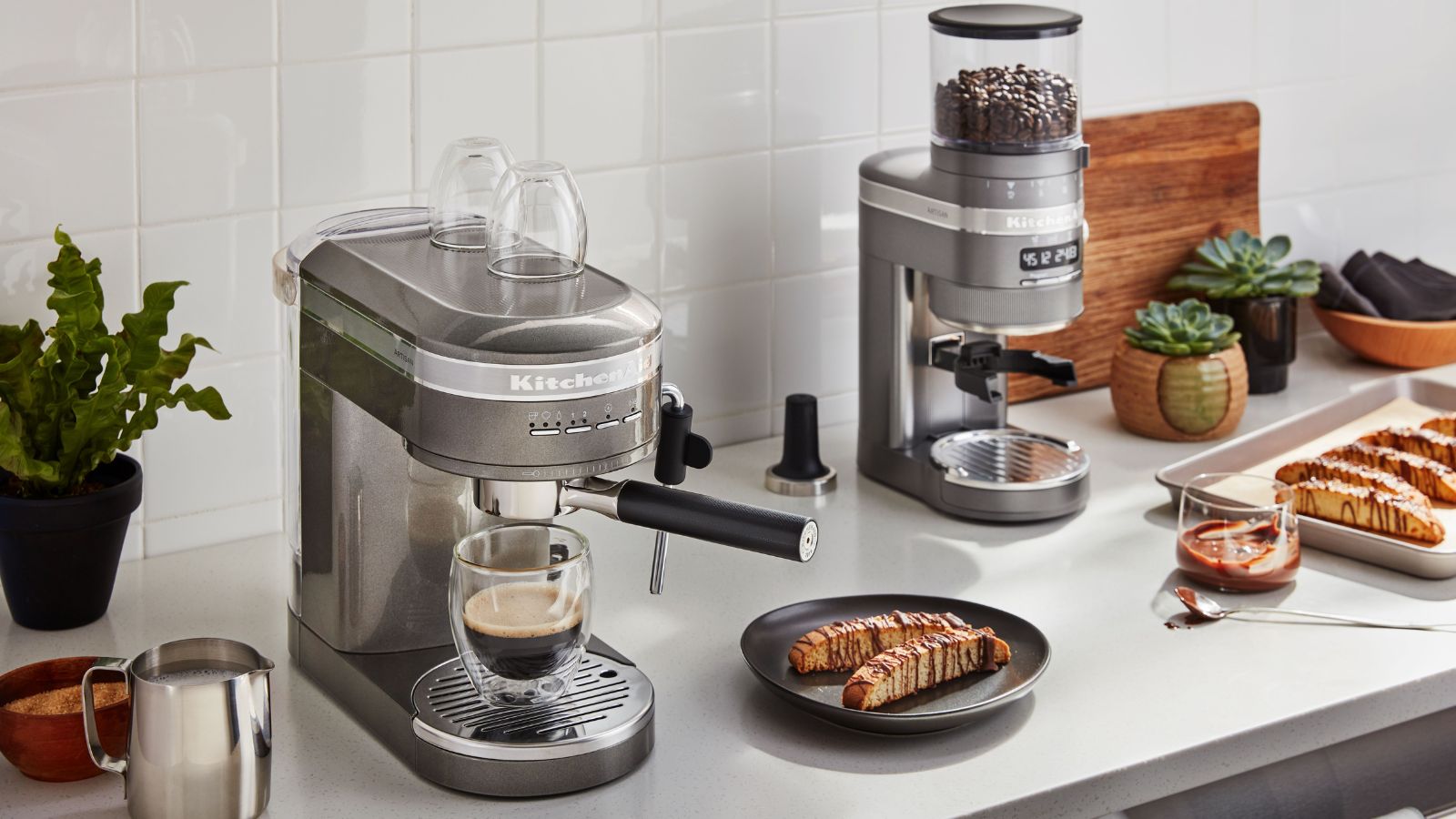
When it comes to purchasing a coffee maker, there are a few common mistakes that individuals often make, leading them to regret their choice down the road.
While it may seem overwhelming to know where to start when choosing the right coffee maker – with such a wide range of options and considerations – it's important to consider the various coffee maker mistakes and buying pitfalls to avoid to ensure you make an informed decision. Understanding your preferences and needs can help narrow down the options and choose the best coffee maker according to your lifestyle, avoiding any dissatisfaction.
By avoiding these coffee maker mistakes, you can ensure you can find the right coffee maker.
Coffee maker buying mistakes
A lot of people end up buying a machine that’s simply not suited for what they actually want to be drinking. So, whether you are wondering is a coffee maker is a good gift or are shopping for yourself, you should always consider coffee type, routines, coffee-making preferences and expertise, and kitchen space before buying to ensure you choose the right model.
1. Choosing the wrong machine type for personal needs
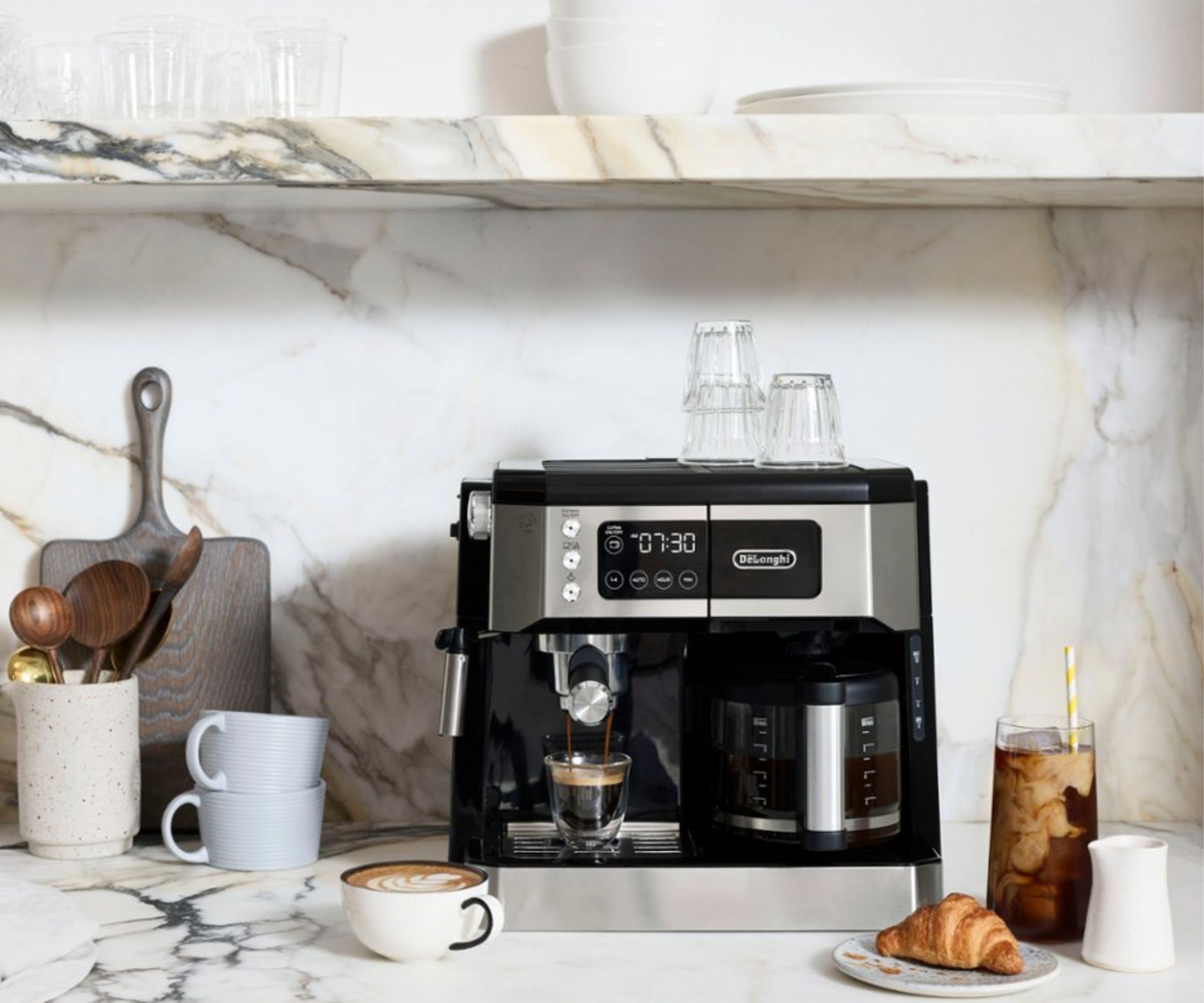
'Many buyers impulsively choose a coffee maker without considering the type that suits their needs. Whether it's a drip coffee maker, a single-serve, an espresso machine, or a French press, each offers a different brewing experience. It's crucial to understand what each type can offer in terms of flavor, convenience, and time investment,' explains Kayla Stavridis at Barista HQ.
Consider your coffee making preferences when choosing a coffee maker.
'Different coffee makers are optimized for different types of coffee, like ground coffee, pods, or beans, so choose a machine that excels in brewing your preferred coffee type.'
Alternatively, if your coffee preferences are not as specific or you live with people with a range of different coffee needs, you could look for coffee makers offering diverse brewing options. Versatile machines cater to different preferences within the household, ensuring everyone enjoys their preferred style of coffee.
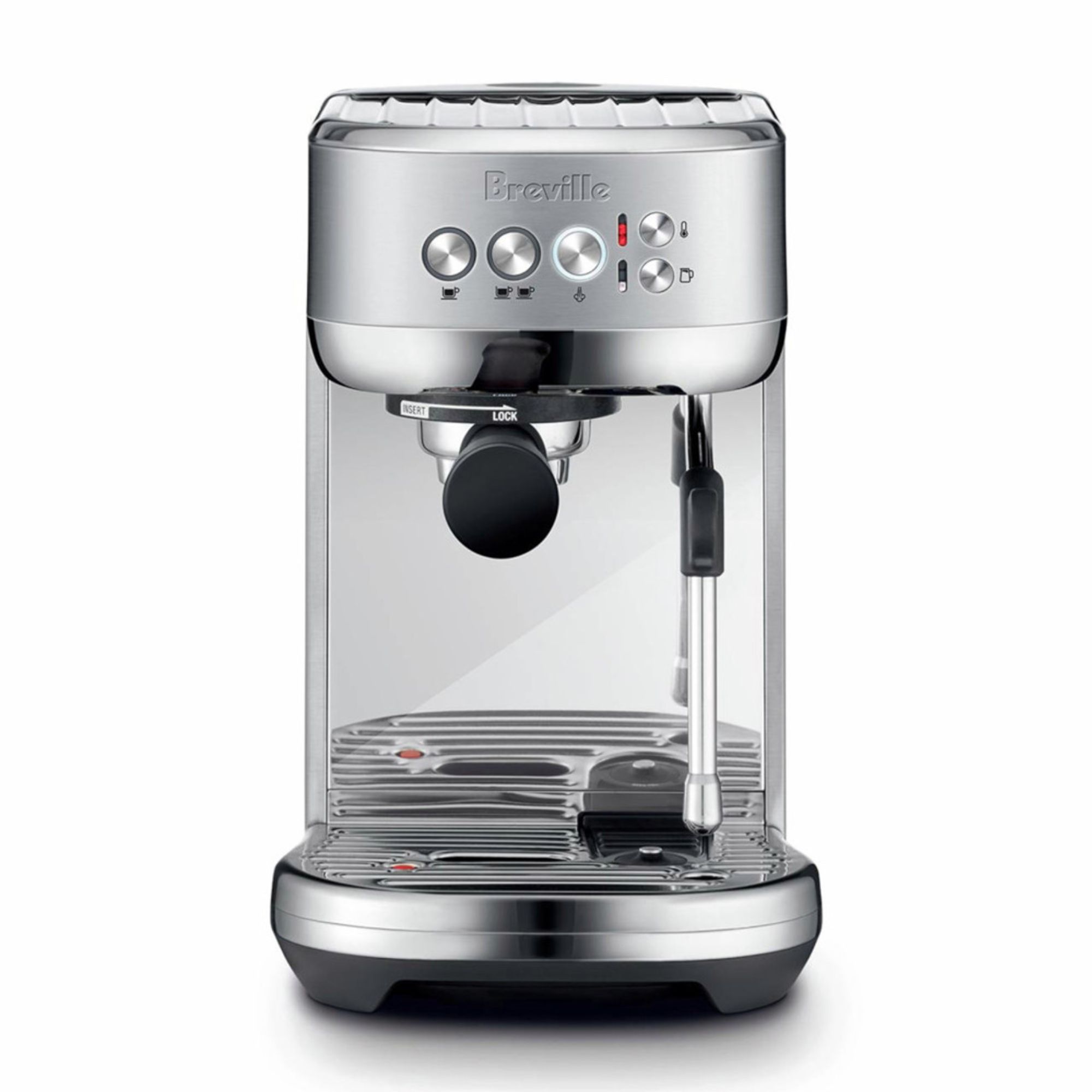
The best for small spaces
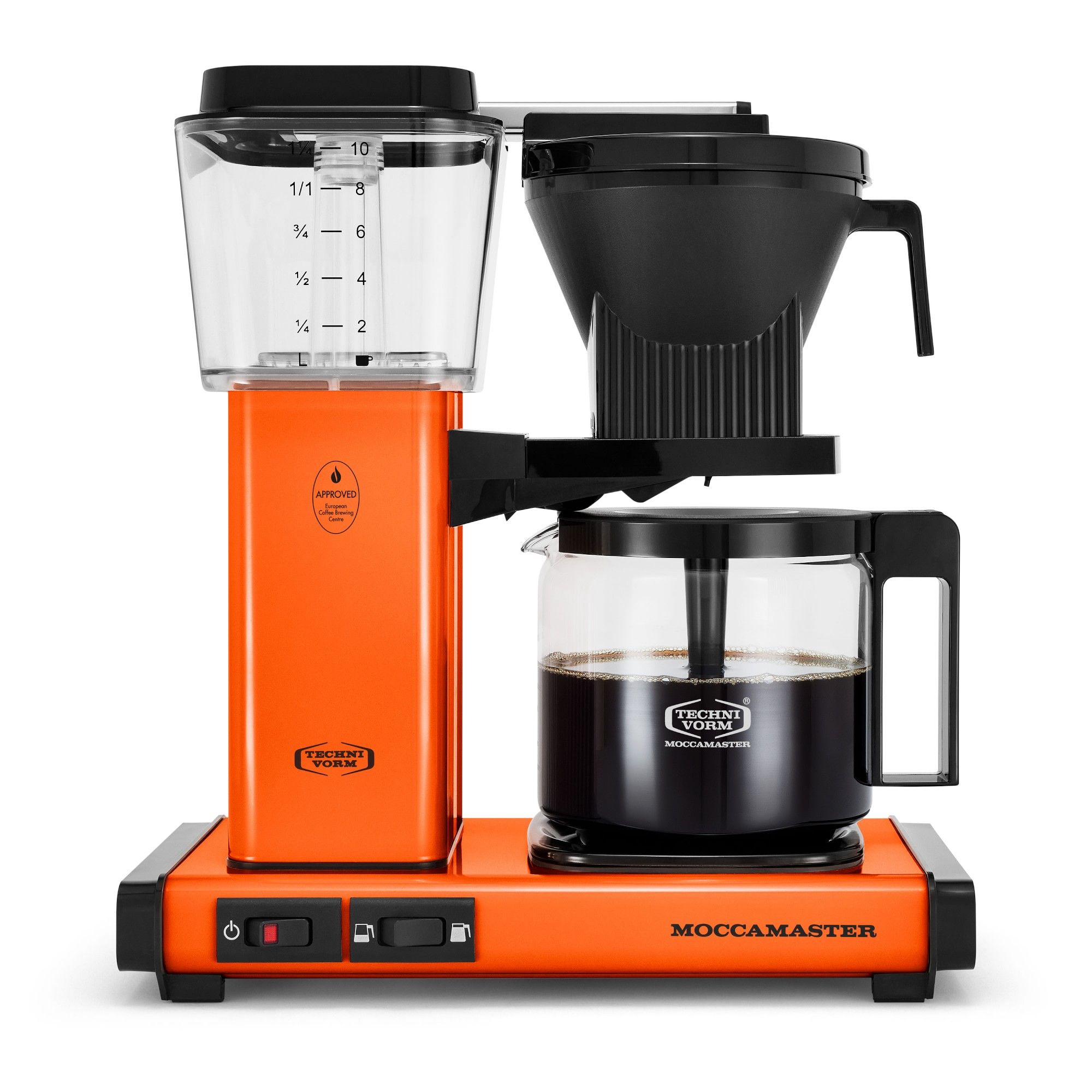
The best for drip coffee
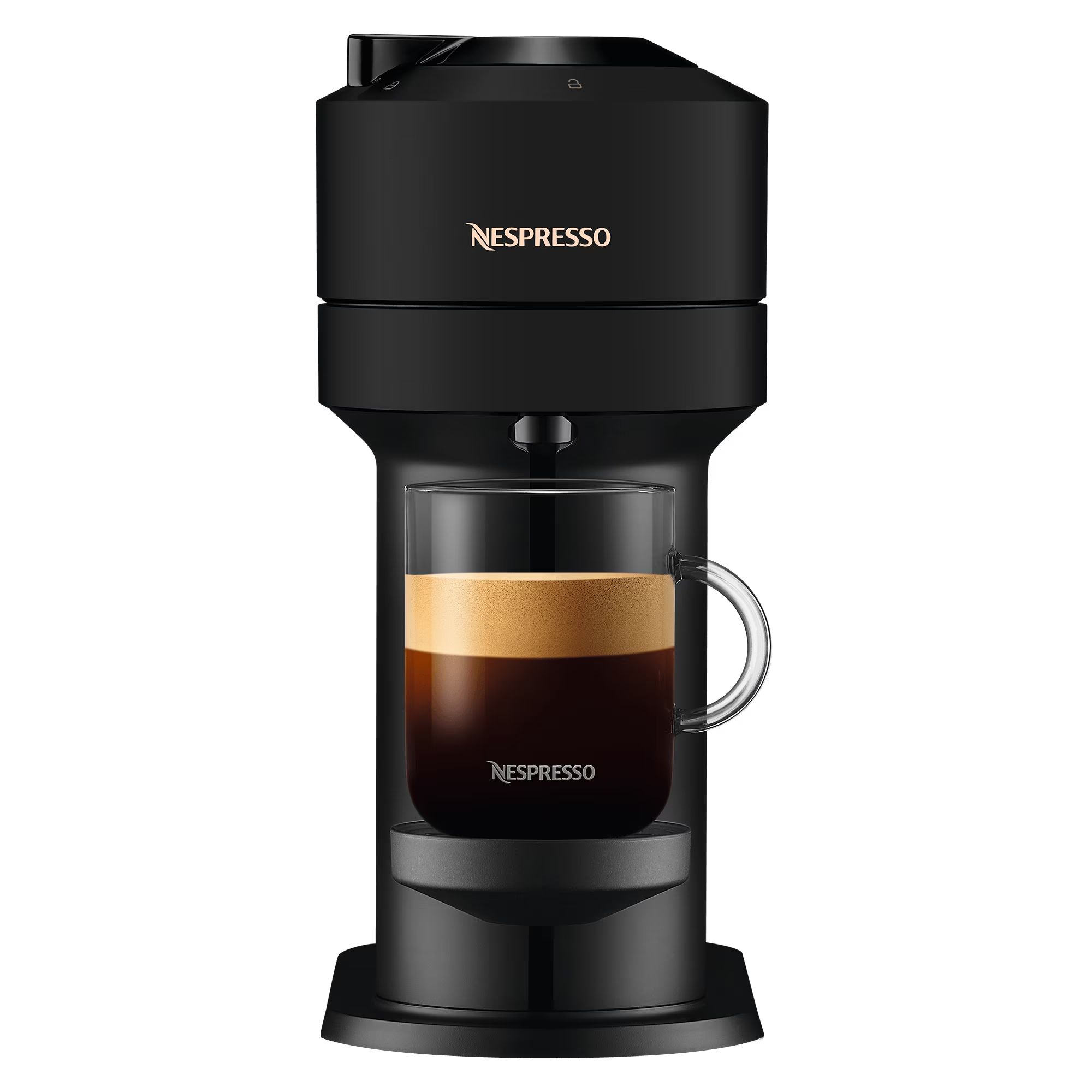
The best for single-serve
2. Ignoring size and capacity needs
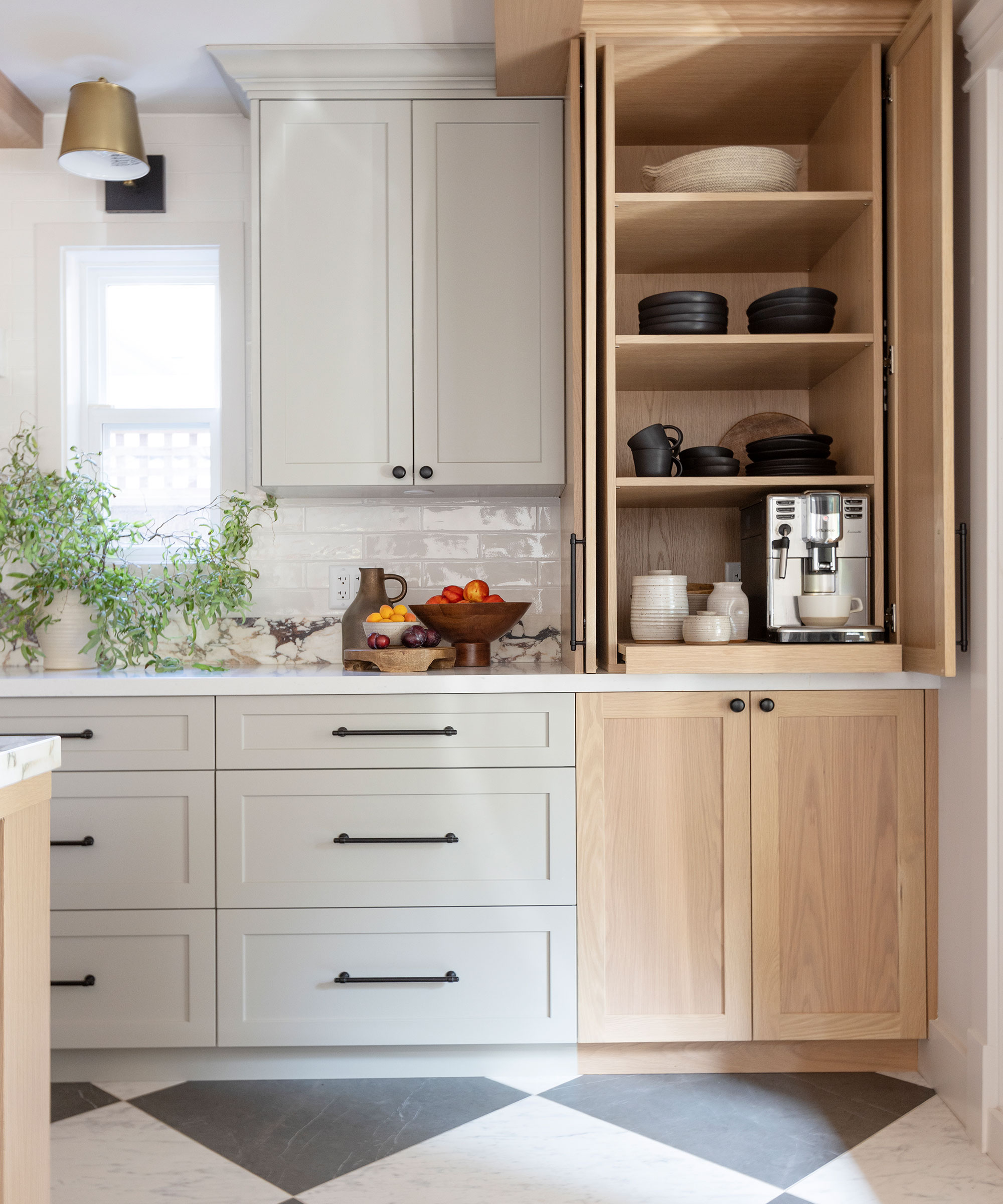
'Often, people buy a coffee maker that's too large or too small for their household,' says Kayla Stavridis.
'Assessing how much coffee you consume daily and the space you have in your kitchen is key. A bulky machine might be unnecessary for someone who only drinks a cup a day, while a single-serve might not suffice for a large household of coffee drinkers.'
Consider your daily coffee consumption and household size when selecting a coffee maker. Opting for a machine with a suitable brewing capacity prevents constant refills and accommodates varying serving sizes.
You should also measure your kitchen counter or designated space before purchasing a coffee maker. Choose one that fits seamlessly within your kitchen layout, considering both its dimensions and aesthetic appeal without crowding the area.
3. Failing to consider additional features
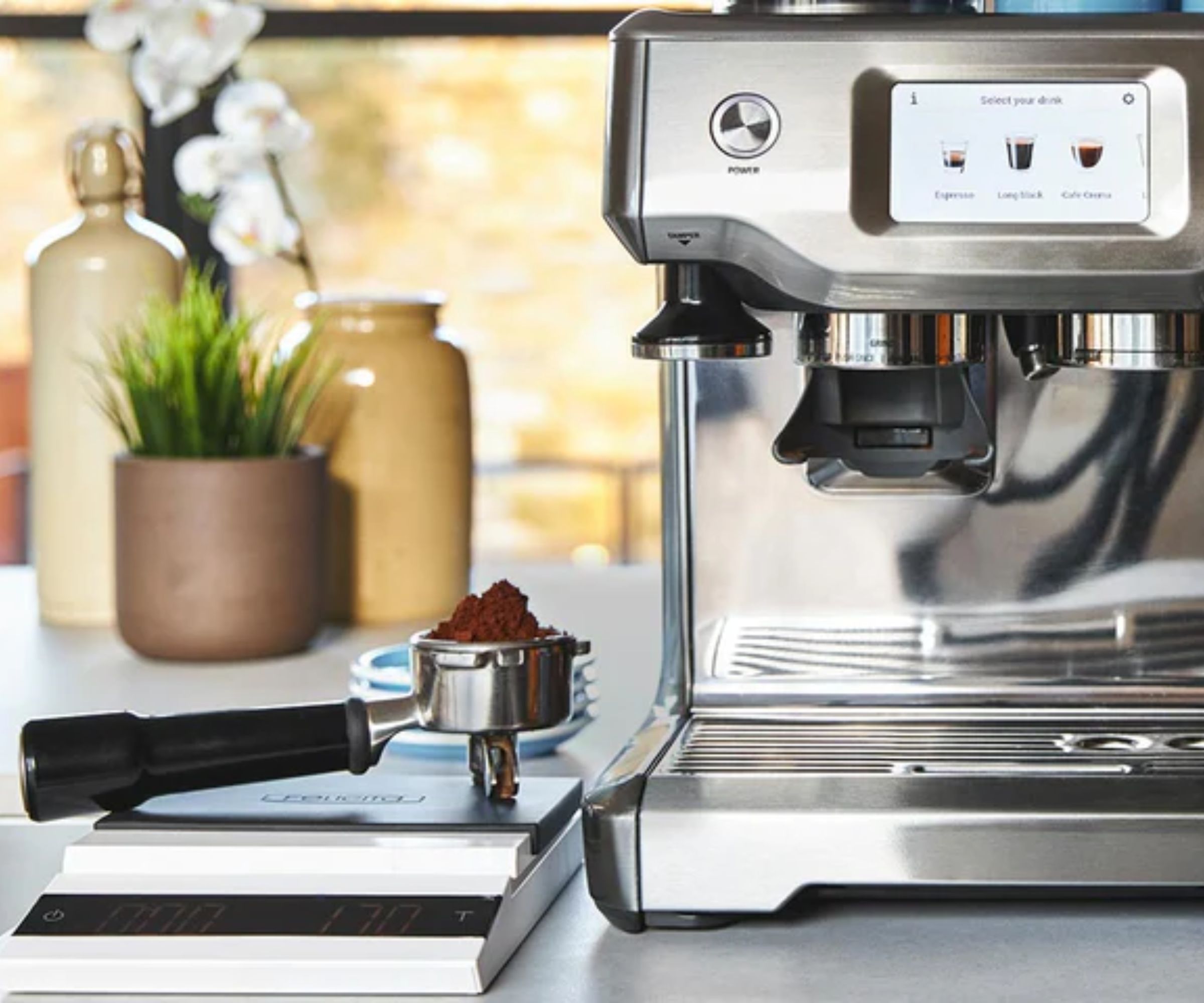
Another common coffee maker buying mistake is neglecting to consider the additional features that will elevate the overall coffee-making experience, as well as ensuring you don't go overboard with features that you will struggle to use.
'Features like programmable settings, water filtration systems, automatic shut-off, milk frothers, or built-in grinders can greatly enhance the coffee-making experience,' says Kayla Stavridis. 'Consider which features are essential for your lifestyle.'
On the other hand, 'While it's tempting to go for a machine with all the latest features, but assess what you'll actually use,' advises Nathan Kane, barista and editor at Pure Coffee Joy.
If your coffee maker is too complex due to the extra features, it could ruin your coffee-making experience. You should also consider the machine's user interface. A machine that's a hassle to operate or is too complicated can be frustrating.
Assess the time and effort you wish to put into learning how to use your coffee machine as well as which additional features would be beneficial – do you want pre-programmable settings to make your pre-work coffee break quicker, or do you want to enjoy more traditional coffee practices by having a coffee bean girder?
The best way to do this is by reading customer reviews and researching the various options to narrow down which ones will suit you.
4. Forgetting maintenance needs
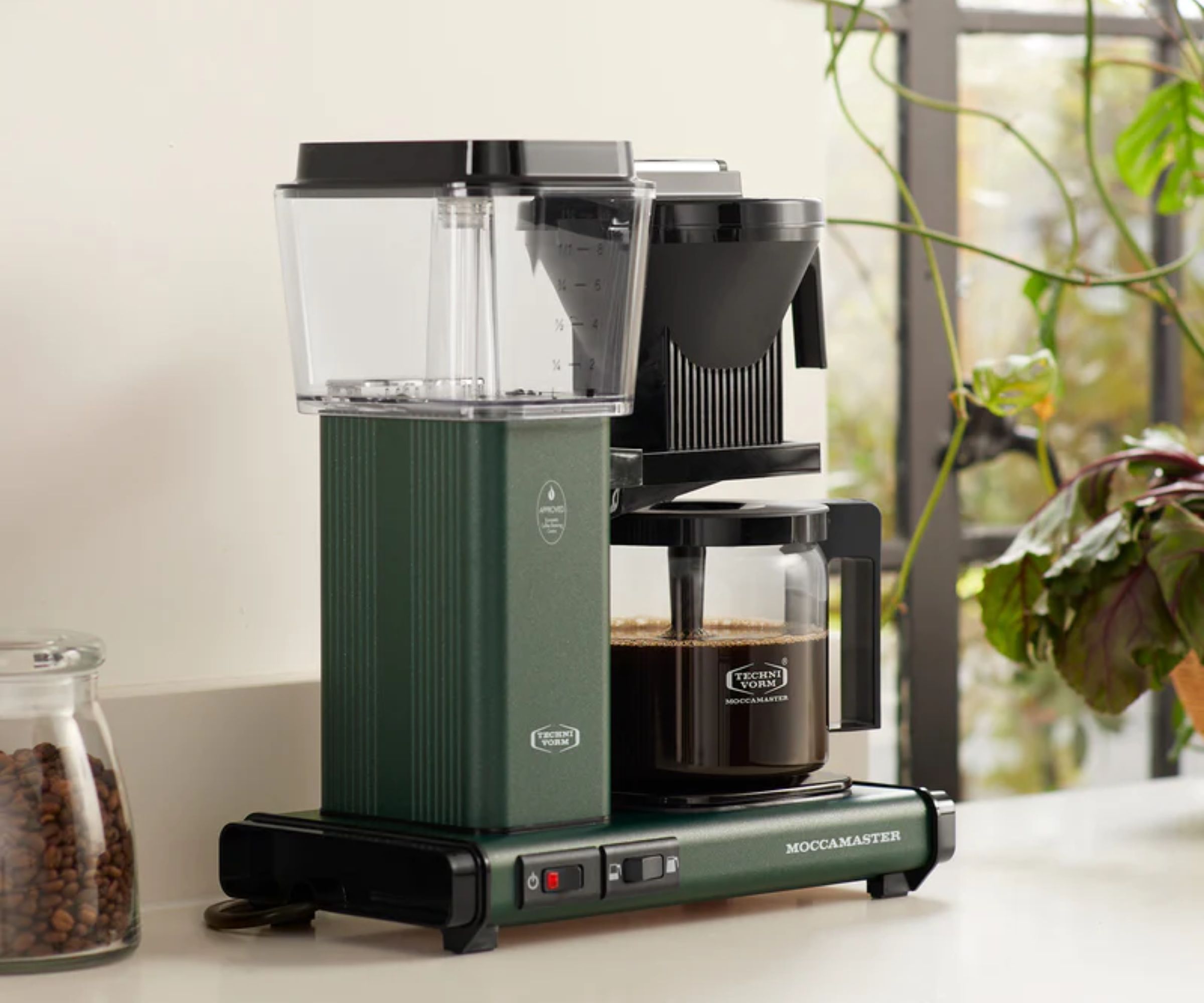
'Maintenance is often an overlooked aspect when buying a coffee maker,' says Kayla Stavridis. 'Machines with complex parts can be a hassle to clean, leading to maintenance issues down the line.'
Maintenance requirements vary for different models, as well as ease of cleaning.
'Coffee makers require regular cleaning and descaling, and some machines are more high-maintenance than others,' explains Alexander Hill at The Appliance Depot,' so choose one that aligns with your willingness and ability to perform regular upkeep.'
For example, 'Professional coffee machines are stunning, and people often overlook how hard it is to maneuver and maintain them. Unless you have sufficient barista training, even if you can make coffee occasionally, the machine won't last due to the lack of maintenance and regular cleaning,' explains Sunita Yousuf, creator of The Wannabe Cook.
Kayla Stavridis recommends, 'Look for a coffee maker with detachable and dishwasher-safe components for easier cleaning.'
5. Overlooking brewing options
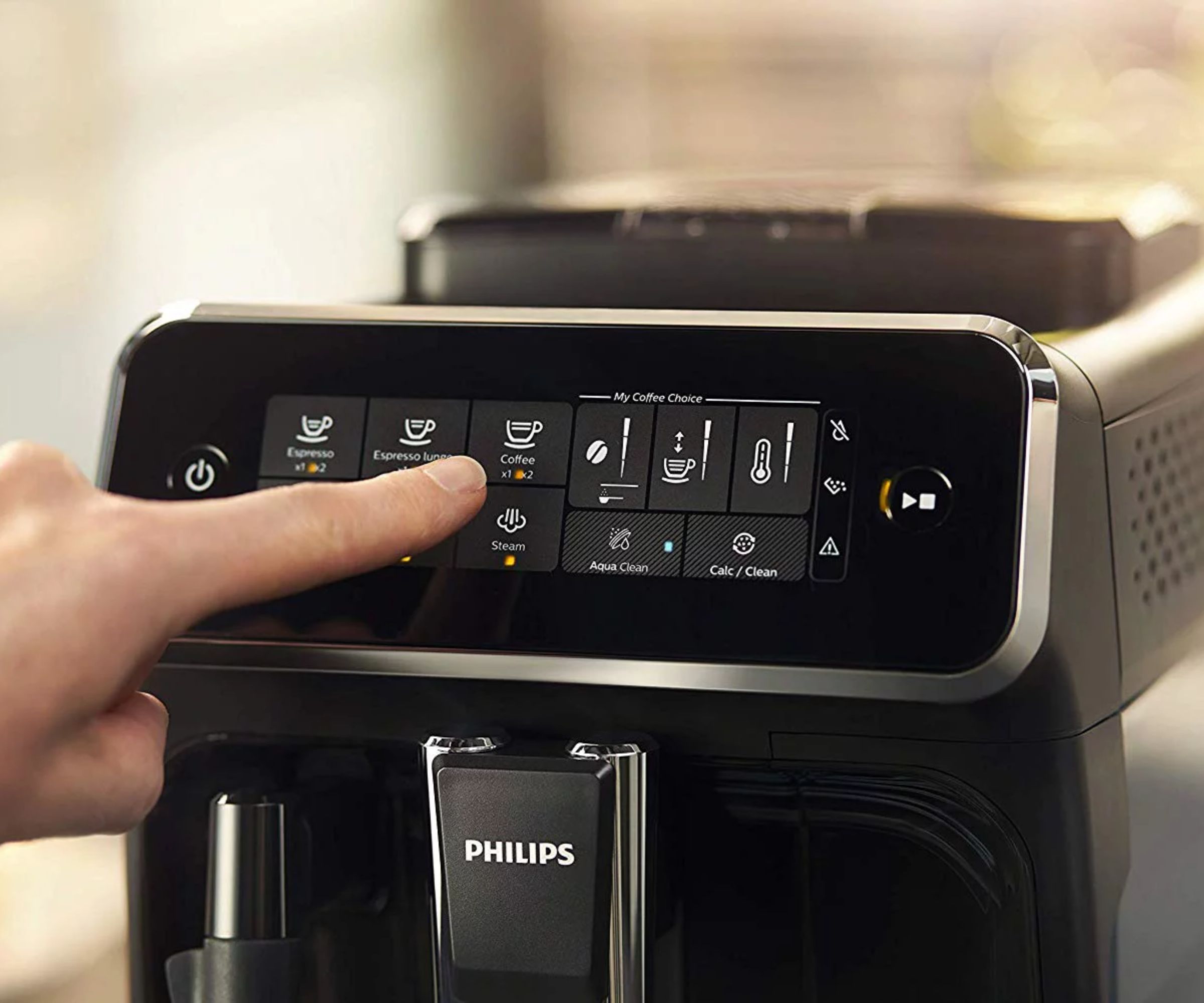
'The brewing time and temperature play a significant role in the quality of the coffee, and it would be a mistake to overlook these features when choosing a coffee maker,' says Kayla Stavridis.
'Some machines brew at optimal temperatures and times for maximum flavor extraction, while others may fall short, leading to under-extracted or over-extracted coffee.'
'Many machines do not maintain the optimal temperature range (195°F to 205°F), meaning it is important to choose a machine known for maintaining the correct brewing temperatures,' advises Alexander Hill.
Opt for machines that allow customization of brew strength and temperature settings. Tailoring these aspects to individual preferences ensures a perfect cup of coffee every time.
6. Focusing solely on price instead of value
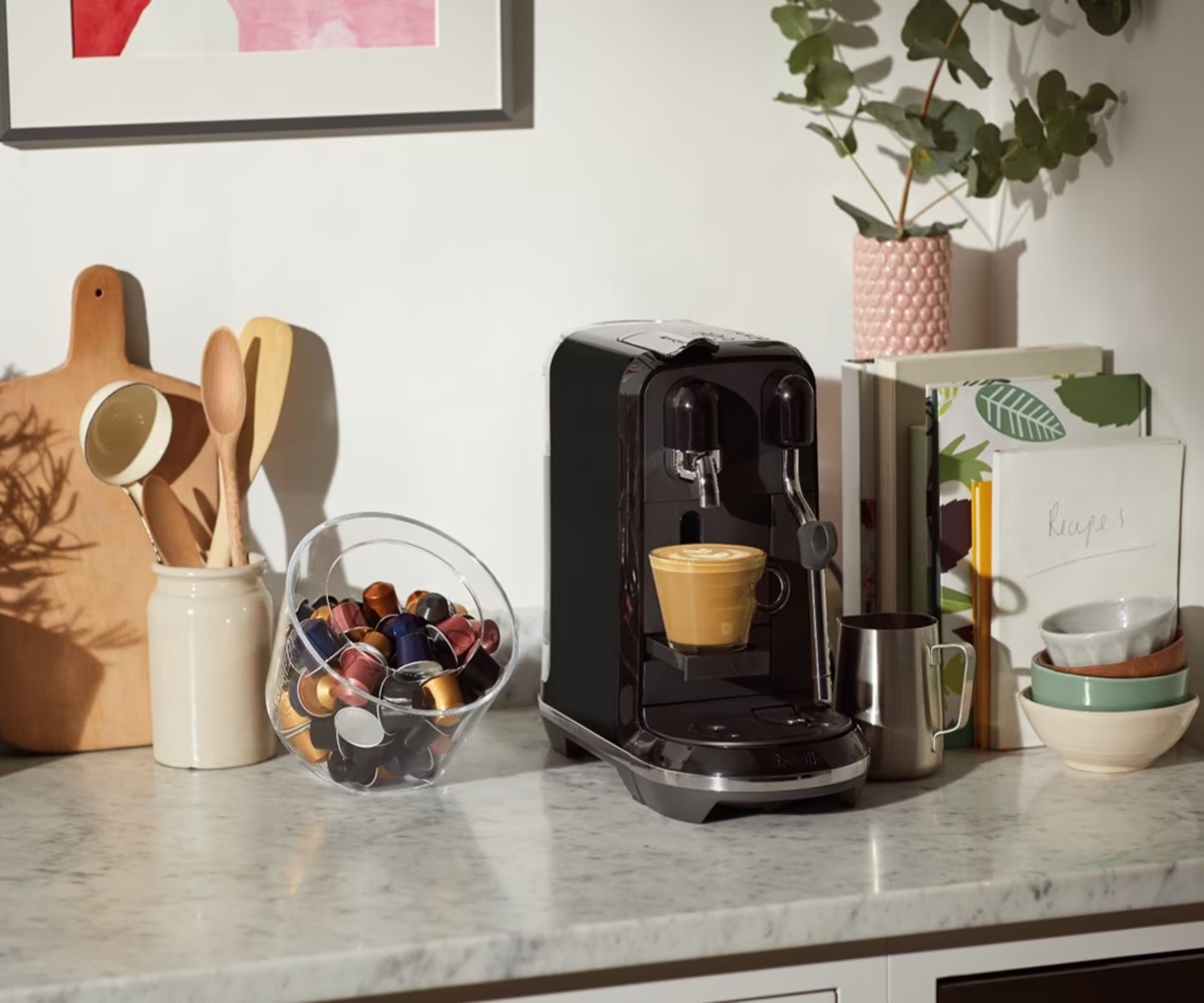
'Many customers prioritize low prices over quality, leading to frequent replacements and dissatisfaction,' says Alexander Hill. 'Water filters, coffee baskets and the seals and gaskets are usually the first things to break when opting for a cheaper coffee machine.'
Nathan Kane adds, 'A common mistake is buying a cheap machine only to spend more on maintenance later, and don't forget the ongoing costs!'
While staying within your budget, try to choose a coffee maker that combines quality and durability, emphasizing long-term value over short-term savings.
FAQs
How to ensure you are choosing a good coffee maker?
Customers sometimes overlook the importance of brand reputation and quality of after-sales service. Aside from ensuring you are avoiding these coffee maker buying mistakes, doing research for reviews and comparisons is essential to ensure you are choosing a good coffee maker.
'Skipping the research phase and not reading customer reviews can lead to uninformed decisions. Reviews can provide real-world insights into a coffee maker's performance and durability,' explains Kayla Stavridis at Barista HQ.
Research different brands, reading recommendations based on reliability, customer service quality, and warranty conditions.
Make comparisons between different models and brands, reading personalized recommendations based on customer preferences and needs, ensuring you can make a well-informed decision when buying a coffee maker, and assessing what features are most important to you.
Is it better to get a coffee machine with or without an integrated grinder?
'I generally recommend avoiding buying a coffee maker with a built-in grinder because if the integrated grinder gets blocked then you need to unscrew and take apart the entire machine to unclog it,' explains Oli Baise, barista and founder of the coffee blog, Drinky Coffee. 'This is impossible to do without messing coffee grounds everywhere.
'Coffee makers with built-in grinders are particularly prone to clogging because steam from its brewing system rises into its grinder's chute. This condensation will make your ground coffee stick to the grinder's walls and cause blockages.'
Finally, failing to consider the availability of compatible accessories or replacement parts for your chosen coffee maker can be problematic in the future.
To avoid this mistake, choose a coffee maker from a reputable brand that will provide accessories and replacement parts. This ensures that you can easily find what you need in the long run, making repairs easier.







